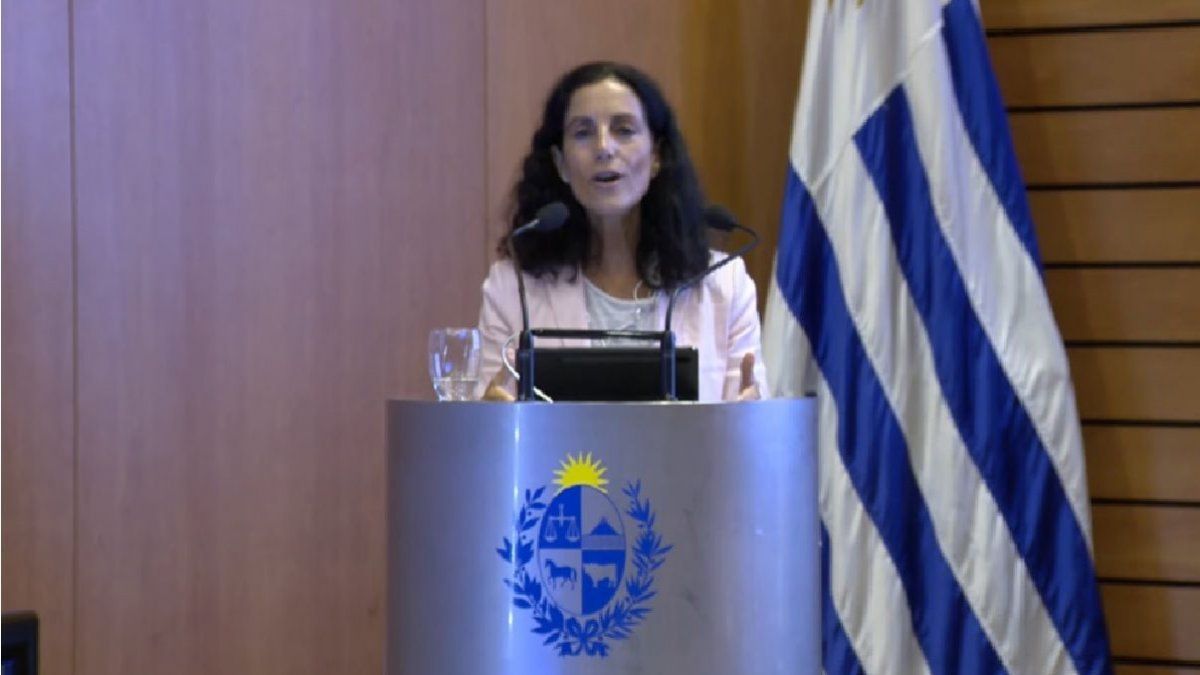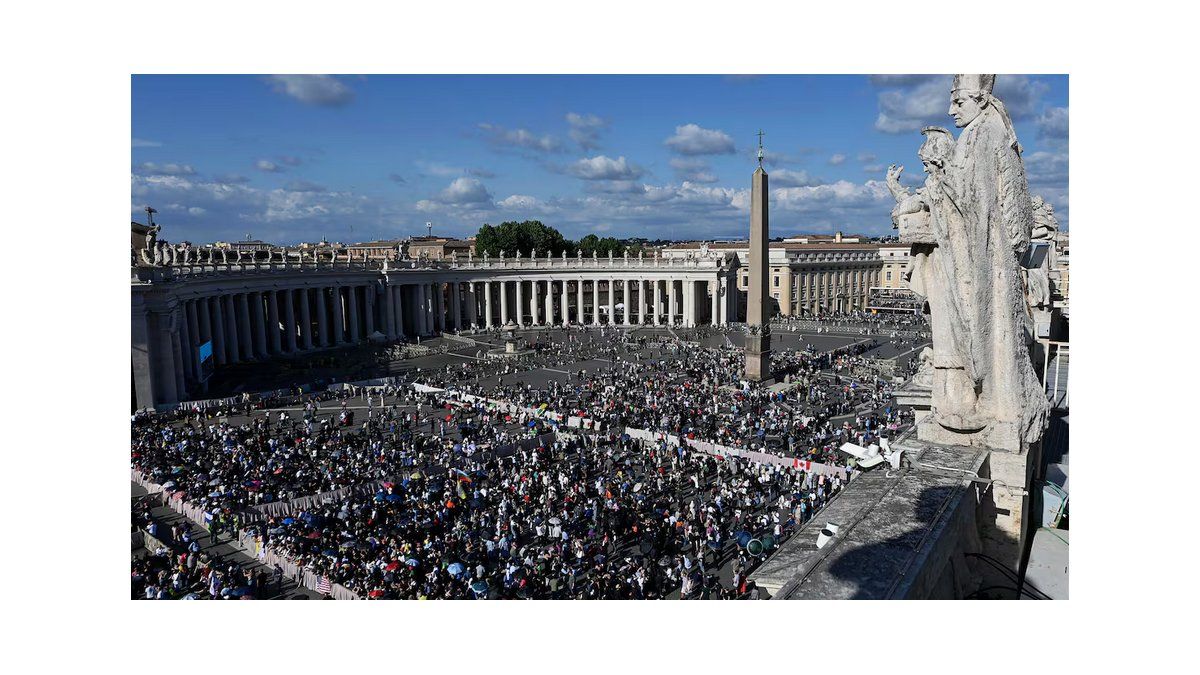The minister of Economy and Finance (MEF) Azucena Arbeleche made the annual presentation on the fiscal situation and the macroeconomic perspectives that the government projects for the current year to Uruguay, and assured that “the government in 2023 lowered taxes and the fiscal goals were met within the fiscal rule.”
As is now usual on the part of this government administration headed by the president Luis Lacalle Pouthe MEF presented the fiscal and budgetary balance corresponding to 2023, two key aspects at the door of the last year of the administration of the current Multicolor Coalition at the head of the Republic. Projections for 2024 were also a fundamental component in the leader’s report.
With the news of the increase in purchasing power and real salary, the improvement in employment, the inflationary control sustained with eight consecutive months within the target range and, more recently, the closure of the fiscal deficit of the Central Government – BPS 2023 around 3.2%, effectively meeting the committed figures in 2022 and, even more importantly, moving towards compliance with the fiscal rule also in 2023 —despite strong moments of doubt about this objective during the year, when the deficit was around 4% of the Gross Domestic Product (GDP)—; The MEF confirms the good direction of the Uruguayan economy in a context of internal and external difficulties.
In this sense, and as analysts already predicted, the government managed to meet the Fiscal Rule engaged. Not a minor fact in the face of what is approaching as a complex and challenging electoral year due to the ambitious goals set and the fiscal trajectory that will inevitably be involved in the campaign.
“There was total compliance with the fiscal rule and within compliance with the fiscal rule, taxes were lowered and spending increased,” Arbeleche stated in the presentation, where he confirmed that the fiscal deficit had a current result of 3.3% of the GDP at the end of 2023, “fully aligned with the estimate.”
A 2023 of consolidation
Firstly, Arbeleche took stock of the figures that characterized 2023, where he highlighted the economic growth recorded not only during the year but in relation to 2019, the pre-pandemic time.
Among the notable numbers was the increase in the level of economic activity, which closed at 3.6% more than in 2019 and was consistent last year with the projection made by the MEF of an increase of 0.5% in GDP—an estimate that will be confirmed by the Central Bank of Uruguay (BCU) in the coming days. Likewise, exports of goods and services grew by 4.5% compared to the pre-pandemic, and the total inversion —public and private— resulted in a 20% increase, even with the completion of large works such as that of UPM II.
The improvement in employment levels It was a point especially highlighted by the minister as “the result of the design of a public policy” in which the recovery of jobs lost both in the Frente Amplio administration and during the pandemic was prioritized.
“The evaluation of economic policy has to be done with job creation,” he said before announcing that, during 2023, there will be 37,000 more people working. This figure was compared to the 52,600 jobs lost during the Frente-Amplista government and the negative impact on the labor sector during the crisis generated by Covid-19. “From 2019 to 2023 we have 76,100 more employees,” confirmed the leader.
Along the same lines, he also highlighted the improvement of real salary as the second stage of this process, and targeted growth of 4% last year, 2% compared to pre-pandemic levels. The consolidation of this objective fundamentally included the reduction of inflation and the reduction of taxes—particularly, the impact of the reduction in the Personal Income Tax (IRPF), which meant an increase of 0.5%. in real wages—which contributed to increasing household income.
“After facing the pandemic in these four years, an international scenario with war, low growth and high inflation, a really adverse scenario In a region with great instability and with the worst drought in the last 100 years, what we see is that the job creation process has been consolidated, we have significantly reduced inflation, increased the real salary of workers and increased the income of the homes. And all this leads us to a better quality of life for Uruguayans, to Uruguayans having more opportunities and, ultimately, having greater freedom”, Arbeleche concluded in the 2023 balance.
Source: Ambito




